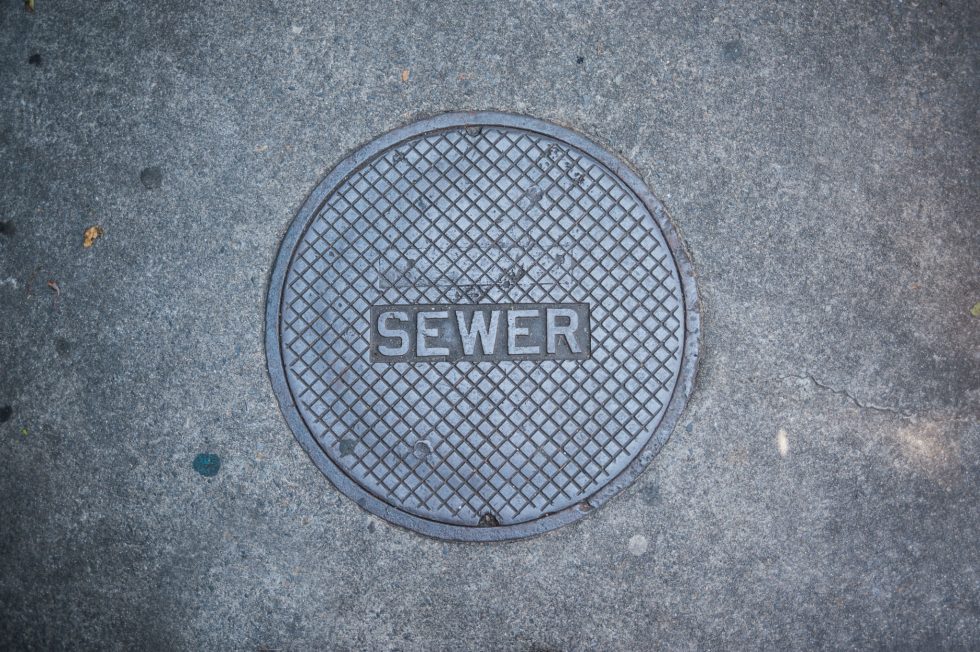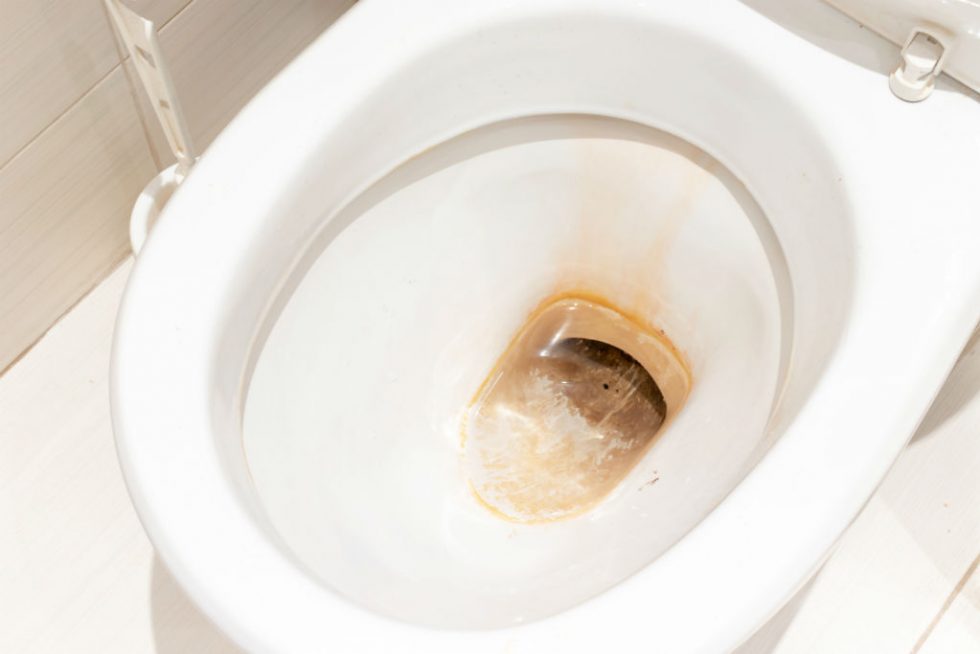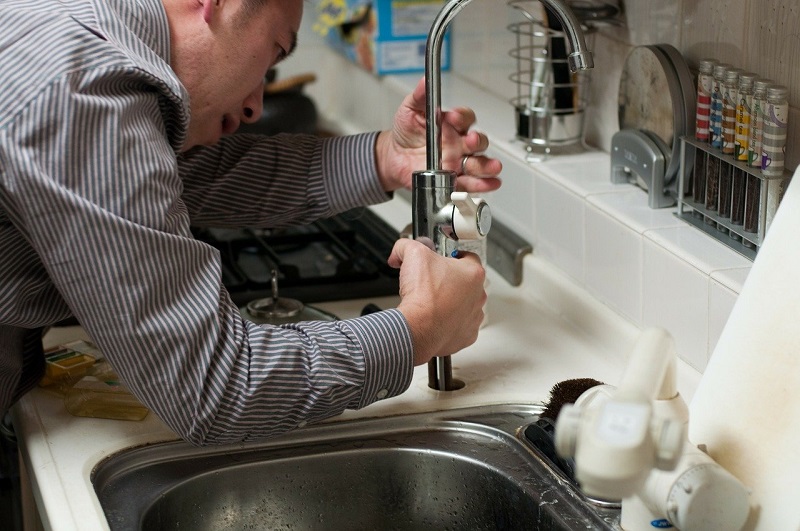A septic tank is unlikely to be present in an apartment or house built after 1990. If you live on a more recent property, there is likely to be a sewer system.
A septic tank is a container that is buried underground and collects wastewater from toilets, sinks, and showers. The wastewater flows into a leachfield where it percolates through the soil until it reaches groundwater.
Sewer systems are pipes connected to wastewater treatment plants. They are typically cheaper than septic tanks and require less frequent maintenance. As the Gold Coast expands, sewer lines are expanding giving older home owners the opportunity to connect to the main sewer system. So if you do have a septic tank, should you convert it to a sewer line?
What is the cost to convert a septic tank into a sewer system?
Many factors influence the cost of converting a septic tank into a sewer system. These are:
- The size of your property
- Types of plumbing
- The number of fixtures in your property
- The property’s location
- Existing drainage issues
- The amount of excavation needed
- Water pressure available
- Considerations for special areas
It is important to note that both septic tanks and sewer lines have different installation costs. Maintenance is another cost factor as you will likely need to pump your septic tank at minimum once every five years. To get an idea of septic to sewer system costs for your home it’s likely that you will need to find a local plumber who is skilled in converting septic tanks into sewer systems.
What is the Difference Between a Sewer Line and a Septic Tank?
A septic tank basically holds water until it reaches saturation. This allows bacteria to digest human waste and create harmless substances. The tank should be emptied as soon as it gets full.
A sewer line is a pipe that drains sewage from your home. The main sewer line runs through most homes.
Each fixture (toilets, sinks, etc.) is individually drained. Each fixture (toilet, sink, etc.) drains into its branch line that leads to the main sewer line.
A septic tank can only hold one toilet while a sewerline can handle multiple.
Six Reasons to Convert from Septic to Sewer
Reduce Water Bills
A septic system consumes more water than a traditional toilet system. Consider switching to a sewer if you are concerned about your water bill.
Protect Our Environment
Septic tanks can release toxic chemicals into the atmosphere. They release methane gas as a result of their decomposition, which contributes towards global warming.
Save Space & Money
Septic systems occupy a lot of space. Converting to sewer systems will allow you to free up valuable living space. A common problem with septic tanks over time is sewer blockages. The tank can overflow during heavy rains. To prevent this, it is important to clean out your septic tank regularly which adds to your bills.
Increase Your Home Value
You will need to ensure that your property has a functioning sewer system if you intend to sell it. Potential buyers may think the home isn’t clean enough to live in.
Increase Safety
You could be at risk of serious health problems if your home floods. This risk can be eliminated by installing a sewer system. One problem with septic systems that is often problematic is their inability to withstand heavy rains.
Find out more here:
https://goldcoastplumbingexperts.com.au/plumbing-tips/convert-septic-tank-to-sewer-system/

 Ryan
Ryan









